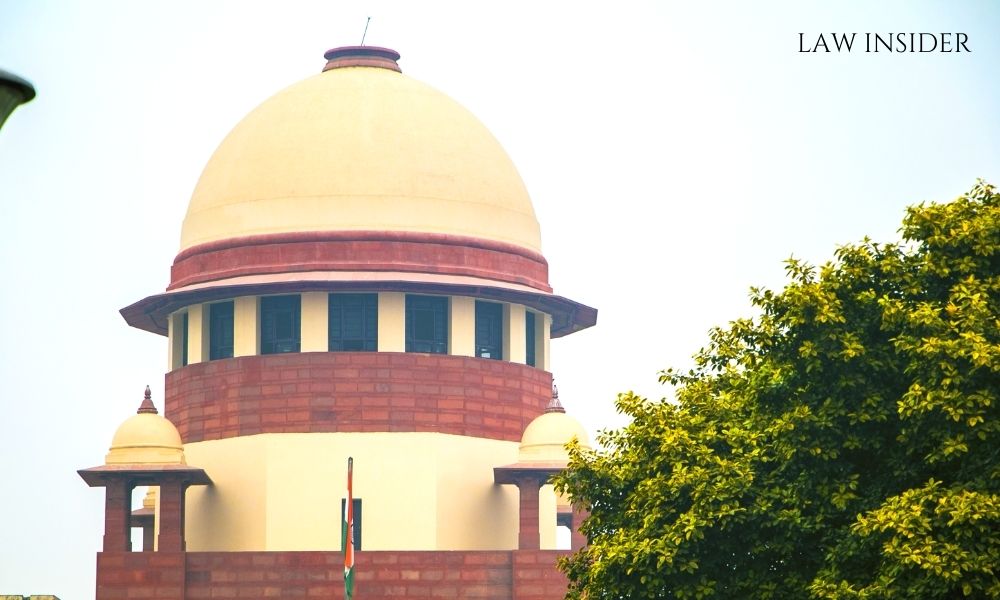LI Network
Published on: November 01, 2023 at 00:07 IST
In a recent judgment, the Supreme Court has decisively ruled that an application filed under Order VII Rule 11 of the Civil Procedure Code (CPC) cannot result in the partial rejection of a plaint. This important legal pronouncement comes from the bench of Justices Pamidighantam Sri Narasimha and Sudhanshu Dhulia.
The case in question raised two crucial questions before the Supreme Court. First, it pertained to the proper application of the principles guiding the rejection of plaints under Order VII Rule 11, CPC, in light of the specific facts of the case. The second issue revolved around the legality of partially rejecting a plaint.
The background of the case involves Plaintiffs and Defendants No. 1 to 3, who are members of a joint family owning properties described in Schedule A and B of the plaint.
The head of the family would temporarily mortgage properties through what were termed ‘nominal sale deeds’ to raise finances. Once the debts were settled, reconveyance deeds were executed.
Importantly, these documents were executed in favor of individuals closely associated with the family, and the joint family properties were never truly relinquished. Upon the Plaintiffs’ request for a partition, the Defendants initially did not contest it, suggesting that they wait for the revenue records to be updated for a proper partition. Consequently, the Plaintiffs filed a plaint seeking partition and separate possession.
However, four years into the suit, the Defendants submitted an application seeking the rejection of the plaint under Order VII Rule 11, CPC. While the Trial Court rejected the application on the grounds that the plaint indeed disclosed a cause of action, the High Court took a different stance. The High Court’s decision was influenced by the fact that the property had been sold via a registered Sale Deed back in 1919.
The High Court, observing that the Plaintiffs had failed to provide any evidence challenging the 1919 Sale Deed or seeking declaratory relief against it, decided to partially accept the application under Order VII Rule 11, CPC, and rejected the plaint in part, specifically concerning the Schedule-A property.
The Supreme Court, in its ruling, noted that if the statements in the plaint are accepted as true, the joint family properties could be subject to partition, depending on the evidence presented by the Plaintiffs during a trial.
The Supreme Court emphasized that it would only examine whether the plaint discloses a cause of action under Order VII Rule 11 of CPC. It pointed out that the High Court’s assumption regarding the prior sale of the property and its enforcement was unwarranted and inconsistent with established legal principles.
Referring to the case of Madhav Prasad Aggarwal v. Axis Bank Ltd, the Supreme Court reiterated that it is impermissible to reject a plaint in part, including against certain defendants or properties while continuing the same against others.
The Court firmly held that if the plaint survives against certain defendants or properties, Order 7 Rule 11(d) CPC has no application, and the suit as a whole must proceed to trial.
Consequently, the Supreme Court concluded that the High Court erred in partially rejecting the plaint with respect to the Schedule-A property and permitting the Plaintiffs to proceed with the case solely concerning the Schedule-B property. Such an approach is inconsistent with the requirements of Order VII Rule 11, CPC.
In light of this legal analysis, the Supreme Court allowed the appeal in favor of the Plaintiffs.
Case Title: Kum. Geetha v. Nanjundaswamy & Ors.

